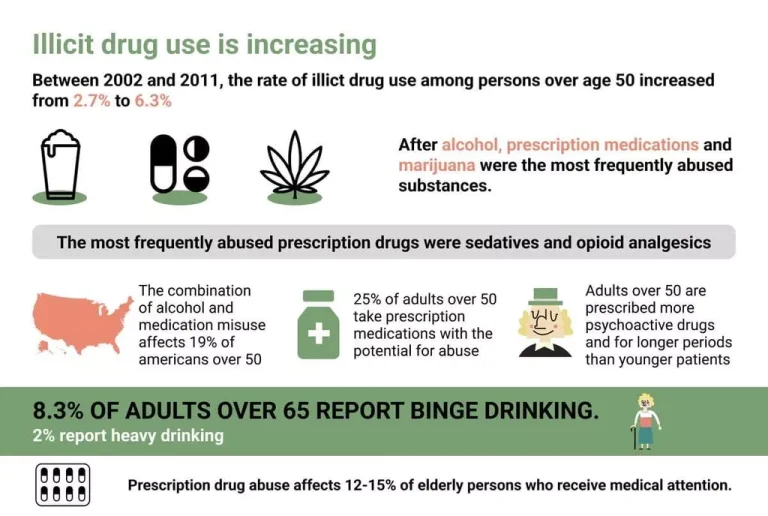
Or to cope with the trauma of abuse, they have turned themselves into an object—a non-feeling thing. In either case, one imagines others to be fundamentally like them—the same kind of animal. So, if I am an object, then you are an object, and objects don’t feel, and empathy is lost. If this cycle of objectification is accurate, then the cure is to teach people how to feel. This kind of common sense, of course, does little to reduce children’s vulnerability to negative, impactful peer influences.
Listen to your child
Saying no while smiling and leaning into someone could send mixed signals. No is more clearly communicated through body language when you stand your ground, make eye contact, and remain calm. Sometimes the best strategy is just walking away and distancing yourself from potential trouble.
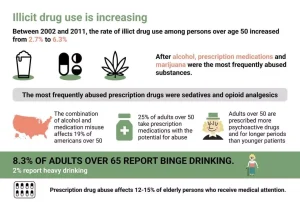
Should Parents Help with Homework?
- Her pieces cover a range of topics including teen development, peer pressure, and mentoring.
- If they are being pressured by friends to smoke cigarettes they might say, “No thanks.
- See seven tips to help teens avoid negative peer pressure and respond in a healthy way.
- We hear much more about direct peer pressure, as it is easier to detect and recognize as problematic.
If they know a corner can be dangerous, walk around the block in the other direction. Adolescence is a time when peer pressure, in particular, may seem the hardest to deal with. That’s because, in attempting to fit in with peers, teens want to please.
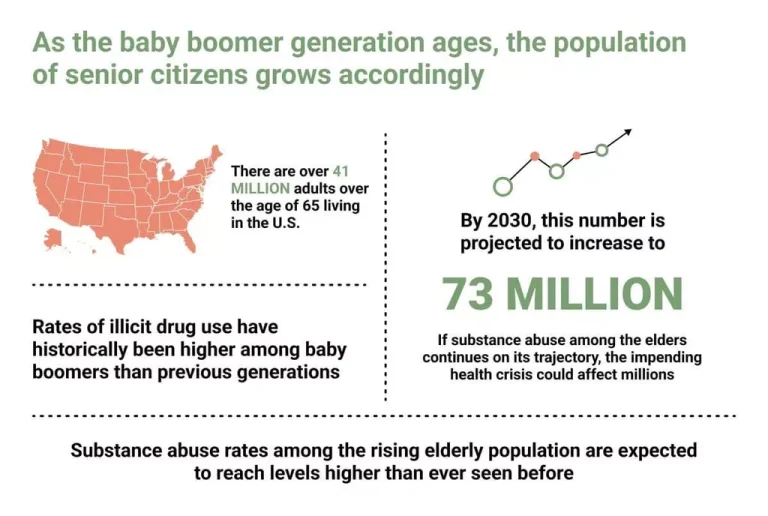
Helping Your Military Kids Thrive: Navigating Their Unique Challenges
Their influence begins at an early age and increases through the teenage years. Skills that are needed to work effectively with people, have meaningful friendships, and healthy romantic and family relationships in the future. While peers become increasingly important during adolescence, parents continue to play a vital role. Part of that role involves helping teens successfully navigate increasingly complex social situations. This includes teaching them to say “No” effectively — stating their position clearly, standing their ground, while still maintaining relationships.
- It may also influence the person to participate in unsafe, risky, or dangerous sexual activities.
- Or as you’re riding together in a car you may be exposed to real life situations on the streets around you.
- So, one of the most effective ways to guide them is to demonstrate positive decision-making in your own life.
- At this time, children often face the possibility of social ostracism for wearing the wrong brand name, for not having “cool” gadgets, and for not being up for anything their peers dare them to do.
Teach them to be proud of themselves and to shower others with kindness. Remind them that they want to treat others the way they want to be treated. It might be beneficial to promote your child’s involvement in sports, theater, dance, or academic activity. This leads to a sense of community which of the following is a type of indirect peer pressure? pride and respectfulness of neighbors. There will be a time when your child will make the wrong choice or a bad decision. When that happens, love and support your child and help them understand that a bad decision does not make them a bad person.
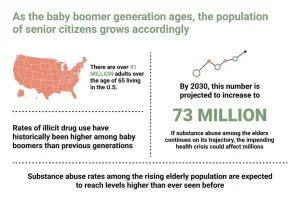
When people learn to set their own limits, they’ll feel more in control of themselves in many situations throughout their lives. Peer pressure is a complex phenomenon that can have both positive and negative effects on children’s behavior. While good peer pressure can encourage students to work hard and achieve their best, bad peer pressure can lead to risky behaviors, bullying, and negative outcomes. Parents and educators should be aware of the different forms of peer pressure and work to create a safe and supportive environment where children feel empowered to make positive choices. We want our children to have meaningful and healthy relationships both in personal and work settings throughout their lives.
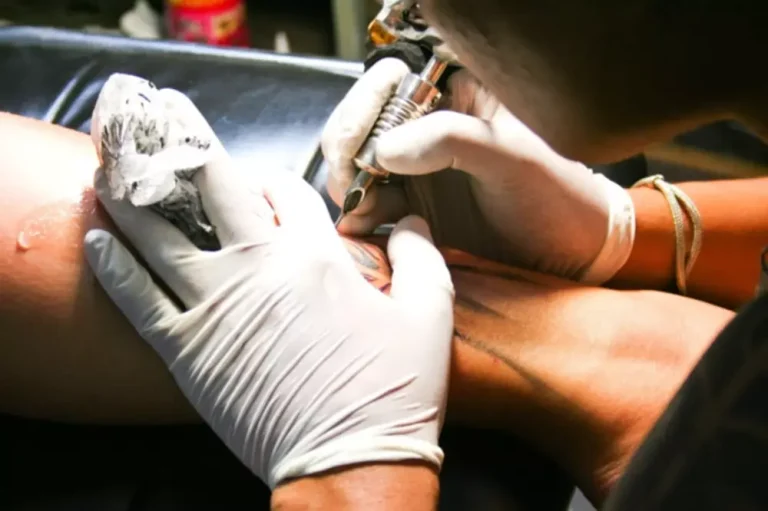
Set rules, not ultimatums

Positive peer pressure can be a valuable part of learning how to socialize and grow. The type of peer pressure your child is experiencing depends on the peer group they socialize with and the larger social groups they interact with—both in person and online. Read on to learn the signs, types, and impact of peer pressure and how to handle it when your child experiences it. As parents push their children to excel in various spheres, the pressure can create a rift in the parent-child relationship, leading to resentment and a lack of emotional closeness.

Commentaires récents